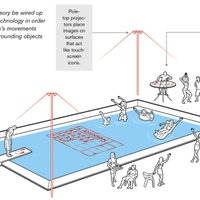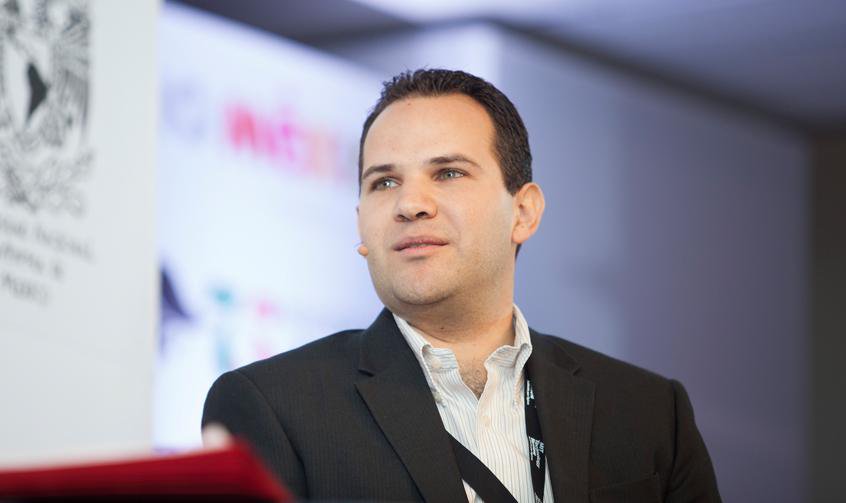Computer & electronics hardware
Javier Lozano Garza
Comprehensive treatment of diabetes for communities with limited resources Computer Science

Global
Andreas Velten
Spotting tiny problems with help from an ultrafast camera

Europe
David Gascón
Smart sensors for transferring information from the real world to the cloud

Global
Chris Harrison
Liberating us from the touch screen by turning skin and objects into input devices

Global
Drew Houston
Hiding all the complexities of remote file storage behind a small blue box
